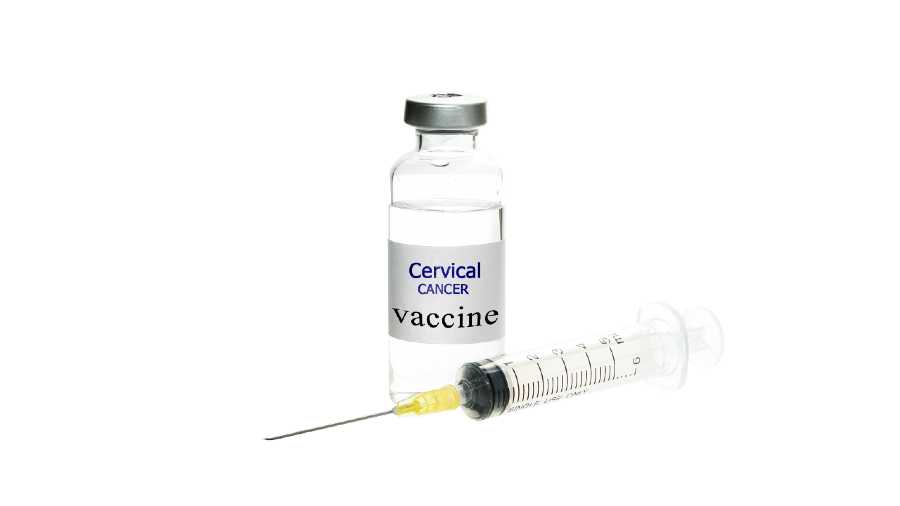One of the most common cancers in women can be prevented with vaccination, doctors said.
Cervical cancer, which develops in a woman’s cervix (the entrance to the uterus from the vagina), is the second most common type of cancer diagnosed in women in India, studies have shown.
“Cervical cancer is caused by human papillomaviruses (HPV). It is usually transmitted through sexual contact. The HPV vaccine is readily available. Ideally, two doses should be given to girls aged between 9 and 14. It can be given after the age of 15 as well, but then three doses are needed. The earlier the vaccine is given, the more effective it is likely to be. Ideally, it should be given before sexual contact,” said Parnamita Bhattacharya, gynaecologist and obstetrician at the CMRI.
She was speaking at a cancer awareness programme organised in the run-up to the World Cancer Day, observed on February 4 every year.
The HPV vaccine is largely confined to the private sector. A lack of awareness, especially in semi-urban and rural areas, has led to the high prevalence of cervical cancer in India, they said.
A made-in-India vaccine against cervical cancer now costs around Rs 2,000 per dose.
Delivering the interim budget in Parliament on Thursday, Union finance minister Nirmala Sitharaman said the Centre would focus on vaccination against cervical cancer.
“Our government will encourage vaccination for girls in the age group of 9 to 14 years for the prevention of cervical cancer,” the finance minister said.
India accounts for about a quarter of all cervical cancer incidences and nearly a third of global cervical cancer deaths.
Some recent estimates suggest that, every year, almost 80,000 women develop cervical cancer in India.
The website of the World Health Organisation says: “Almost all cervical cancer cases (99%) are linked to infection with high-risk human papillomaviruses (HPV), an extremely common virus transmitted through sexual contact. Although most infections with HPV resolve spontaneously and cause no symptoms, persistent infection can cause cervical cancer in women.”
“Effective primary (HPV vaccination) and secondary prevention approaches (screening for, and treating precancerous lesions) will prevent most cervical cancer cases.”
Arunava Roy, head of gynaecologic oncology and robotic surgery at Medica Superspecialty Hospital, said that in India, a woman died every eight minutes because of cervical cancer.
“Of the total number of women who die of cancer in India, around 14 per cent have cervical cancer. It is extremely unfortunate because the disease can be prevented with timely vaccination and screening,” he said.
Roy and other cancer specialists at Medica were also speaking at a cancer awareness programme, in the run-up to February 4, at a Maidan club.
The secondary prevention approaches include tests like Pap smear and HPV screening, doctors said.
“These tests help in detections in the pre-cancerous stage. Local treatment can then be done accordingly. Women aged 25 to 60 can undergo the Pap smear test. The HPV screening is done on women aged between 30 and 60. Timely vaccination has a proven efficacy of over 90 per cent in preventing cervical cancer. But all women, even those who are vaccinated should get screened,” said Roy.
Cancer care in districts
Medica Superspecialty Hospital is taking cancer care to the districts, doctors and officials of the healthcare units said on Thursday.
“Specialised cancer treatment is by and large confined to urban centres. But the density of cancer or the potential of timely detection is higher in semi-urban and rural areas. We are taking steps in taking cancer treatment to the districts,” said Subir Ganguly, senior consultant, advisor, radiation oncology at Medica.
